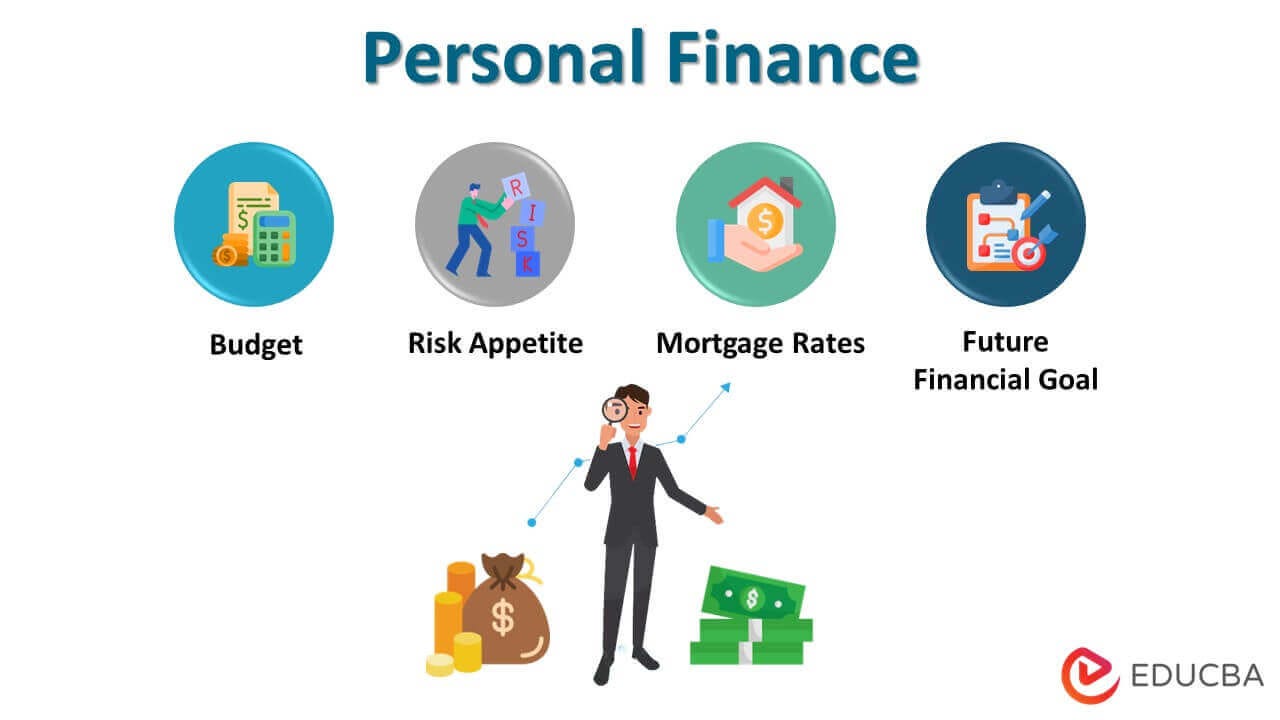Debt can feel overwhelming, but you’re not powerless against it. Whether you’re dealing with credit card balances, student loans, or other financial obligations, taking control of your debt is one of the most important steps toward achieving financial stability and peace of mind.
Managing debt effectively isn’t just about making minimum payments and hoping for the best. It requires a strategic approach that combines understanding your financial situation, creating a realistic plan, and developing habits that prevent future debt accumulation. The good news? With the right strategies and commitment, you can regain control of your finances and work toward a debt-free future.
This guide will walk you through proven methods for managing your debt, from understanding what you owe to building sustainable financial habits. Let’s start your journey toward financial freedom.
Understanding Your Debt
Before you can tackle your debt, you need to know exactly what you’re dealing with. Many people avoid looking at their financial situation because it feels too daunting, but this knowledge is essential for creating an effective plan.
Start by gathering all your debt statements and creating a comprehensive list. Include credit cards, personal loans, student loans, car loans, mortgages, and any money borrowed from friends or family. For each debt, write down:
- The creditor’s name
- Current balance
- Minimum monthly payment
- Interest rate (APR)
- Due date
Once you have this information, calculate your total debt amount. This number might be shocking, but remember that acknowledging the full scope of your debt is the first step toward eliminating it.
Next, organize your debts by interest rate, from highest to lowest. High-interest debt costs you more money over time, so understanding these rates will help you prioritize which debts to tackle first.
Creating a Budget
A solid budget forms the foundation of any successful debt management strategy. Without knowing where your money goes each month, you can’t identify opportunities to allocate more funds toward debt repayment.
Begin by tracking your income from all sources. Include your salary, side hustle earnings, investment returns, and any other regular income streams. Then, list all your monthly expenses, dividing them into two categories: fixed expenses (rent, insurance, loan payments) and variable expenses (groceries, entertainment, dining out).
Use this information to determine how much money you have left after covering essential expenses. This surplus can be directed toward debt repayment. If you discover you’re spending more than you earn, you’ll need to find areas to cut back.
Look for opportunities to reduce variable expenses without drastically impacting your quality of life. Consider cooking more meals at home, canceling unused subscriptions, or finding free entertainment options. Even small cuts can add up to significant savings over time.
Debt Repayment Strategies
Two popular methods can help you systematically eliminate your debts: the debt snowball and debt avalanche approaches.
The debt snowball method involves paying minimum amounts on all debts while directing any extra money toward the smallest balance first. Once you pay off the smallest debt, you move to the next smallest balance, creating momentum as you eliminate debts one by one. This psychological boost can help maintain motivation throughout your debt-free journey.
The debt avalanche method focuses on paying off debts with the highest interest rates first while maintaining minimum payments on others. Mathematically, this approach saves more money in interest charges over time, making it the most cost-effective strategy.
Choose the method that aligns with your personality and financial goals. If you need quick wins to stay motivated, the snowball method might work better. If you’re disciplined and want to minimize total interest paid, the avalanche method could be ideal.
Consider debt consolidation if you qualify for a lower interest rate than your current debts. This involves taking out a new loan to pay off multiple existing debts, leaving you with one monthly payment at a potentially lower rate. Personal loans, balance transfer credit cards, or home equity loans are common consolidation options.
Negotiating with Creditors
Don’t underestimate the power of direct communication with your creditors. Many companies would rather work with you on a payment plan than risk losing the money entirely.
Contact your creditors before you miss payments if possible. Explain your financial situation honestly and ask about hardship programs, reduced interest rates, or modified payment plans. Many creditors offer temporary relief options, especially if you’ve been a good customer with a history of on-time payments.
When negotiating, be prepared with specific information about your financial situation and a realistic proposal for what you can afford. Document any agreements in writing and keep records of all communications.
If you’re already behind on payments, you might have more negotiating power. Creditors may be willing to accept reduced settlements or extended payment terms rather than pursuing collections. However, be aware that settled debts may impact your credit score and could have tax implications.
Seeking Professional Help
Sometimes debt management requires professional assistance. Consider credit counseling if you’re struggling to create a workable budget, feel overwhelmed by your debt, or need help negotiating with creditors.
Nonprofit credit counseling agencies offer free or low-cost services, including budget analysis, debt management plans, and financial education. These organizations can negotiate with creditors on your behalf to reduce interest rates or create manageable payment plans.
Debt management programs consolidate your monthly payments into one amount that you pay to the counseling agency, which then distributes payments to your creditors. While these programs can be helpful, they typically require you to close existing credit accounts and may involve fees.
When choosing a credit counseling service, look for nonprofit status, accreditation from organizations like the National Foundation for Credit Counseling (NFCC), and transparent fee structures. Avoid companies that promise unrealistic results or charge high upfront fees.
Building Good Financial Habits
Successfully managing debt extends beyond simply paying off what you owe. Developing sustainable financial habits prevents future debt accumulation and supports long-term financial health.
Avoid new debt by committing to living within your means. If you keep credit cards, use them responsibly by paying the full balance each month. Consider removing cards from your wallet or freezing them to reduce temptation for impulse purchases.
Build an emergency fund even while paying off debt. Start small – even $500 can prevent you from relying on credit cards for unexpected expenses. Gradually increase this fund to cover three to six months of essential expenses.
Automate your finances by setting up automatic payments for debt minimums and transferring money to savings accounts. Automation reduces the chance of missed payments and ensures consistent progress toward your financial goals.
Track your progress regularly by reviewing your debt balances and celebrating milestones. Seeing your balances decrease can provide motivation to continue your debt management efforts.
Frequently Asked Questions
Should I pay off debt or save money first?
Focus on paying minimum amounts on all debts while building a small emergency fund of $500-$1,000. After establishing this safety net, direct extra money toward high-interest debt. Once you’ve eliminated high-interest debt, balance debt payments with increased savings.
Will debt consolidation hurt my credit score?
Debt consolidation can temporarily lower your credit score due to credit inquiries and new account openings. However, it may improve your score over time by reducing credit utilization and simplifying payments, making it easier to pay on time.
How long does it take to become debt-free?
The timeline depends on your total debt amount, interest rates, and how much extra money you can allocate toward payments. Use online debt calculators to estimate your payoff timeline based on different payment scenarios.
What should I do if I can’t afford minimum payments?
Contact your creditors immediately to discuss hardship options. Consider credit counseling services that can help negotiate payment plans. Avoid ignoring the situation, as this typically leads to additional fees and collection actions.
Is bankruptcy ever a good option for debt management?
Bankruptcy should be considered only after exploring all other options. While it can provide relief from overwhelming debt, it significantly impacts your credit score for several years and may not discharge all types of debt. Consult with a qualified attorney to understand the implications.
Take Control of Your Financial Future
Managing debt effectively requires commitment, patience, and strategic thinking, but the rewards extend far beyond improved finances. Eliminating debt reduces stress, increases your financial options, and provides the foundation for building wealth.
Start by understanding your complete debt picture, then choose a repayment strategy that matches your personality and goals. Remember that progress might feel slow at first, but consistency compounds over time. Every payment brings you closer to financial freedom.
Your debt doesn’t define you, and with the right approach, you can overcome it. Take action today by listing your debts, creating a budget, and choosing your first step toward a debt-free future.







Leave a Reply